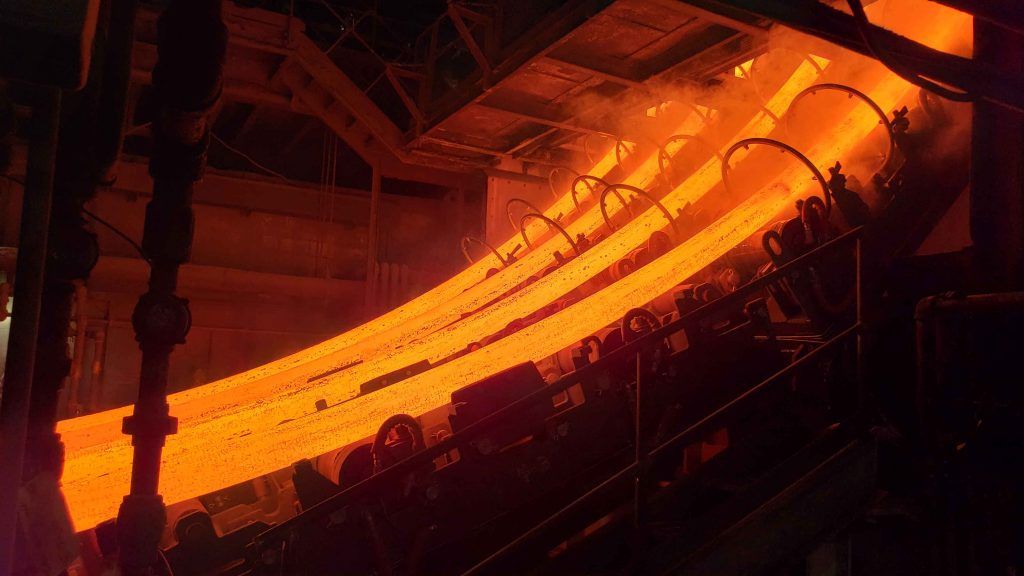USTR noted that the United States and the European Union are outlining the world’s first sectoral agreement on bilateral steel and aluminum trade.
In USTR’s view, the United States has renewed commitment to its partners and allies, who are also harmed by unfair trade and economic practices of the People’s Republic of China (PRC).
Sectoral agreement
At the same time, the United States is working on innovative agreements with allies and like-minded partners to strengthen resilience.
For example, the comprehensive agreement the United States and the European Union are negotiating will be the world’s first sectoral agreement on steel and aluminum trade to address both emissions and non-tradeable overcapacity.
There is also continued engagement on trade policy in the U.S.-EU Trade and Technology Council (TTC).
During FY 2022, USTR collaborated with the European Commission‘s Directorate General for Trade, its partner in leading the TTC’s Global Trade Challenges working group, to pursue several trade-related workstreams that were endorsed by Ambassador Katherine Tai and the other United States-European Union TTC co-chairs during their May 2022 meeting in Paris, France.
Workers
In the months leading up to and following the May co-chairs’ meeting, the global trade challenges working group discussed and began developing plans to defend the United States and European Union medical device sectors from PRC non-trade policies and practices.
In addition, the working group launched a trade and labor dialogue that brings together labor leaders, business representatives and government officials from the United States and the European Union to have a structured dialogue on trade-related issues affecting workers in the United States, the European Union and the rest of the world.
Finally, this group launched a dialogue on trade and labor that brings together union leaders, business representatives and government officials from the United States, the European Union and workers around the world.
![]()

